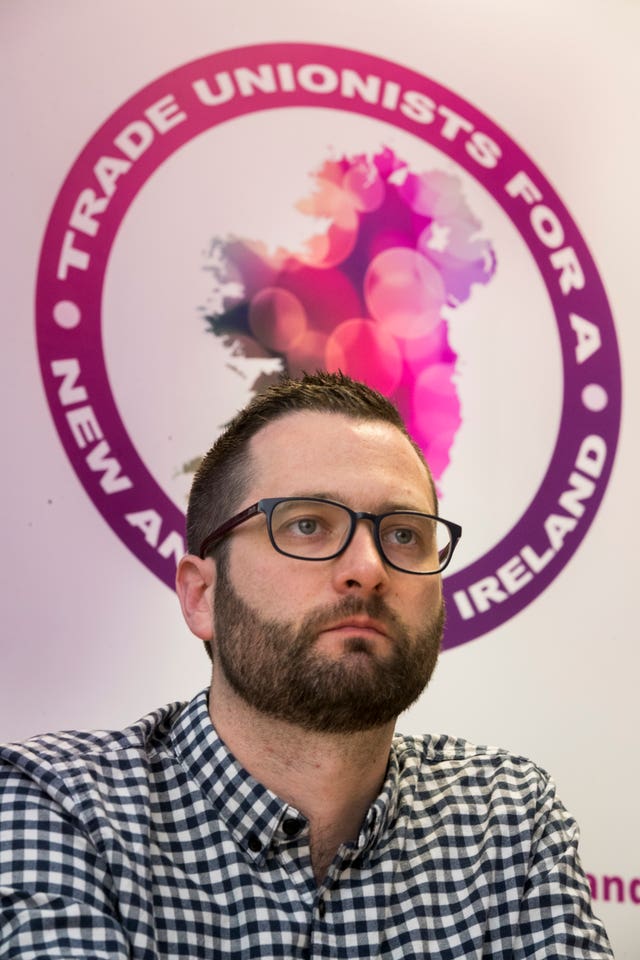Unionist workers’ voices must be heard, say union members campaigning for unity
Trade Unionists for a New and United Ireland comprises more than 150 trade union officials, including a number of general secretaries.

The voices of unionist workers must be heard in the debate on ending Irish partition, trade union members campaigning for unity have said.
Unionists who engage in the discussion will find much more in common with nationalist workers than they might expect, representatives of a new pro-unification movement said.
Trade Unionists for a New and United Ireland (TUNUI) comprises more than 150 trade union officials, including a number of general secretaries.
They have come together to advocate for reunification, insisting Irish unity could address many socio-economic issues facing workers on both sides of the Irish border.
One of their ultimate aims is to convince the trade unions on the island to adopt a pro-unity stance.
Having unveiled the movement in Dublin on Monday, the group brought their message north on Tuesday, hosting a launch event in Belfast’s Linen Hall Library.

Spokesman Ruairi Creaney, from the Communication Workers Union, highlighted that a conference being organised by TUNUI in Dublin in April would devote part of the programme to addressing unionist concerns.
“I don’t think the unionist working class are as afraid of this issue as the media and others make it out to be,” he said.
“It is patronising and dismissive of our unionist brothers and sisters. I think they will be up for the debate. This is about their future as much as it is about ours.”
Fellow spokesman Mick Halpenny said the “horse was out and running” in regard to the debate on unity.
He said the new movement was trying to ensure issues impacting all workers – unionist and nationalist alike – featured in the discussion.
Mr Halpenny said issues related to working conditions, collective bargaining, healthcare, housing, education, social welfare and rights had to be considered.
“The risk that is run is the issue of workers, be they unionist or nationalist or republican or labour or whatever they are, if nothing is said until somebody at high level decides to have a poll, then you are scrambling, then there isn’t any time to tease these things out, to answer the questions, to be challenged by the concerns, be they from a unionist or nationalist point of view,” he said.
Former Siptu division organiser Christy McQuillan added: “Certainly among the 800,000 members of the union movement, many of them are unionists, so we probably will be able to find a lot more in common as this journey goes on than we think.”





